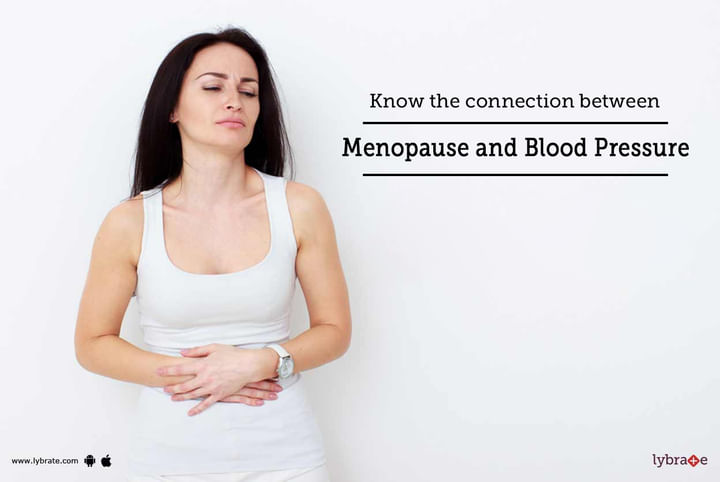Know the connection between menopause and blood pressure
High blood pressure is a common condition that usually develops with age, but in some people, it may be associated with menopause. Menopause marks the end of your menstrual cycle, typically between your 40s and 50s. During this stage, your body undergoes some major changes, due to which you might experience a series of unexpected symptoms, such as sleep problems, slowed metabolism, mood swings, and elevated blood pressure.
Is there a connection between high blood pressure and menopause?
The exact connection between high blood pressure and menopause is not understood completely. Nevertheless, recent studies suggest that the oestrogen hormone prevents plaque to accumulate in the arterial walls. Besides, it also prevents the arteries from narrowing, and hence, resistance to blood flow. Thus, lower levels of oestrogen during menopause puts added pressure on the arteries, thereby making you susceptible to cardiovascular problems.
Additionally, women have the propensity to put on weight during menopause. This may affect your blood pressure readings significantly. Putting on a few extra kilos puts more strain on the arteries. To put it simply, the more weight you gain, the harder your heart has to function to get the blood flowing – and the harder your heart pumps, the more your blood pressure increases.
Apart from that, anxiety and stress – the two common signs of menopause may also have adverse effects on your blood pressure. Keeping your stress levels under control can make you feel better and lower the chances of having high blood pressure over time.
Sometimes, specific types of HRT (Hormone Replacement Therapy) for menopause could also lead to elevated blood pressure.
High blood pressure does not always reveal obvious symptoms. Therefore, most people may not be aware that they are suffering from the condition. In any case, if you suspect that you might be having high blood pressure, you should speak with your doctor to get to the root of the problem. This is even truer for women in their menopause.
Ways to control high blood pressure during menopause
To keep your blood pressure levels during menopause and avoid the risks of other complications, focus on leading a healthy lifestyle –
-
Maintain a healthy body weight
-
Eat a balanced, nutritious diet that includes vegetables, fruits, and whole grains
-
Cut down on processed, salty, and sugary foods
-
Exercise regularly
-
Manage your stress levels
-
Avoid or limit alcohol
Your doctor or healthcare provider may recommend medications to reduce elevated blood pressure, if necessary.


+1.svg)
